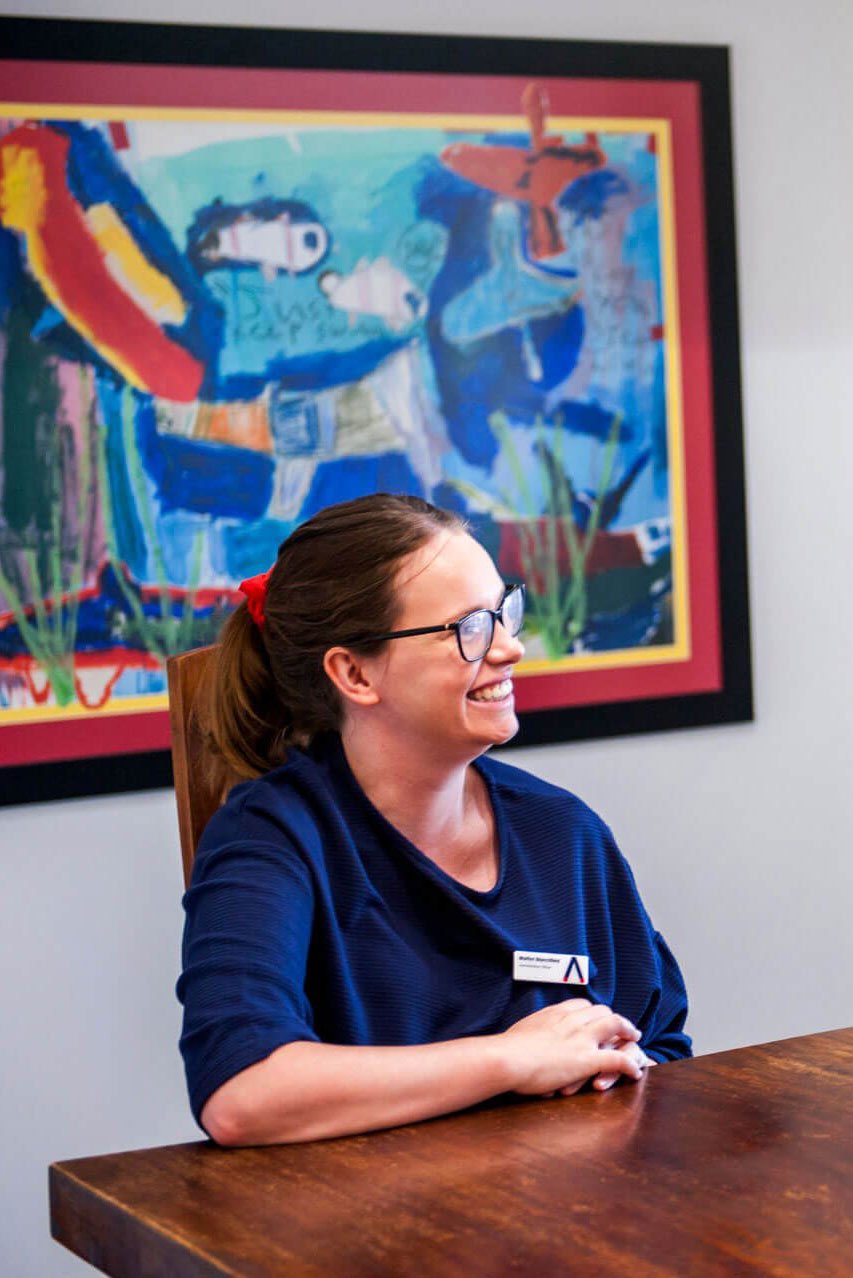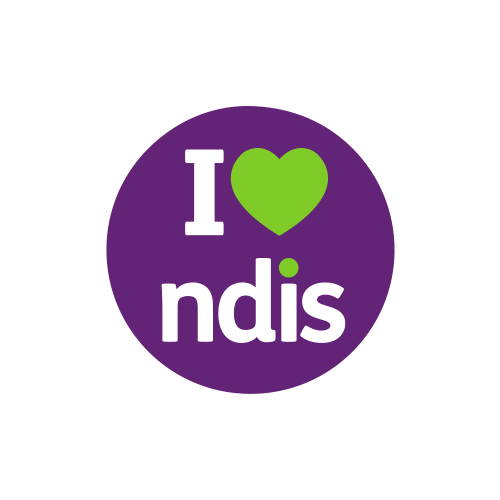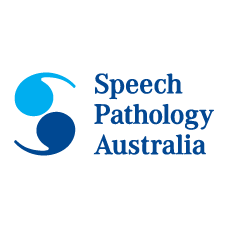Adult Speech Pathology
Speech Therapy for AdultsSeniors
Hello! We are an Adult Speech Pathology practice servicing Brisbane, Gold Coast, Sunshine Coast and Toowoomba. Our focus is on helping people over the age of 18 to improve their function and reach their potential every day. Our Certified Practising Speech Pathologists are skilled and have a real passion for helping people excel in and enjoy every aspect of their lives.
Who we are
Adaptability Therapy offers Speech Pathology services to adults to overcome challenges with swallowing/mealtimes, speech, language, cognitive-communication, social interactions, and augmentative or alternative communication methods. Speech Pathologists at Adaptability Therapy understand that difficulties with swallowing and communication can impact on a person’s everyday life activities and can provide support to the individual and their caregivers. We provide clinic consults, home visits and telehealth appointments.

What we do
Adaptability therapy staff hold advanced skills in the assessment and management of swallowing and communication difficulties in the areas of:
- Progressive neurological conditions including – Parkinson’s disease, Progressive Supranuclear Palsy (PSP), Motor Neuron Disease (MND), Multiple Sclerosis (MS), Huntington’s disease, Myasthenia Gravis
- Stroke
- Dementia (including Alzheimer’s, Vascular and Fronto-Temporal Dementias)
- Acquired Brain Injury
- Palliative Care
- Voice conditions (including vocal nodules and muscle tension dysphonia)
- Disabilities including but not limited to Autism Spectrum Disorder, Cerebral Palsy, Down Syndrome, and Chromosomal abnormalities
Who may need Speech Pathology
People with a communication impairment may have difficulty:
- initiating communication
- speaking clearly
- using a clear voice
- explaining things clearly
- thinking of the right word they want to use
- participating appropriately in conversations
- reading, writing, understanding and remembering information
People with eating, drinking, and swallowing difficulties may show the following:
- difficulty getting food or drink to the mouth
- food or drink spilling out of the mouth
- difficulty chewing
- coughing during or after eating and drinking
- choking on food or fluids
- food or fluids coming out of the nose
- loss of interest in eating or drinking
- not remembering what to do with food or fluid in the mouth
- difficulty swallowing medications
- regular unexplained chest infections

How we can help
Swallowing difficulties (dysphagia) and Mealtime Management
Assessing swallow function, providing therapy and education, making recommendations for diet and fluid modifications, feeding method and assistance recommendations, and referring to medical specialists if further investigation is required.
Speech difficulties (dysarthria, apraxia)
The muscles of the mouth, face, and respiratory system may become weak, move slowly, or not move at all. We will assess the function of these muscles and may recommend therapy using drill-based activities and functional strategies.
Voice difficulties (dysphonia)
Refers to changes in the production and quality of voice. Sometimes the voice may sound croaky or husky from using it too much. Some conditions like Parkinson’s Disease cause the voice to become very quiet. Speech pathologist can teach you how to make your voice louder and clearer.
Stuttering (Fluency)
Symptoms include repetition, prolongations, and blocking of sounds and syllables. Treatment includes strategies to reduces anxiety about speaking, breathing techniques, and learning to use gentle onsets to sounds.
Augmentative & Alternative Communication (AAC)
Refers to a variety of tools/strategies/methods that can enhance spoken language or provide a different way of communicating. A trained Speech Pathologist can provide support throughout the trial, assessment and training phases of AAC development.
Language difficulties
This includes understanding and using words.

What to expect on your first visit
The Speech Pathologist will ask you about your communication and/or swallowing concerns and what you would like work on (your goals). They will go through a thorough case history questionnaire about your medical history and why you want help from a Speech Pathologist. Depending on your needs, you may be assessed with a variety of formal and/or informal assessment, as well as clinical observations. Following assessment and diagnosis, a report may be prepared if required. A comprehensive therapy programme will be tailored to your needs and goals.
What to expect at subsequent sessions
Treatment approaches depend on the type and severity of the communication impairment. Therapy may be at home practicing activities and functional tasks with the Speech Pathologist, or it may be out in the community practicing what you have just learnt. It will all depend on what you want to work on. Your Speech Pathologist may suggest home practice activities to help you progress faster.

Book an appointment online
Contact our friendly staff to book a Speech Pathology appointment.
Send us a message
Meet our Speech Pathology Leadership Team

Phoebe Schrock
Speech Pathology Lead

Janine Farmer
Senior Speech Pathologist


